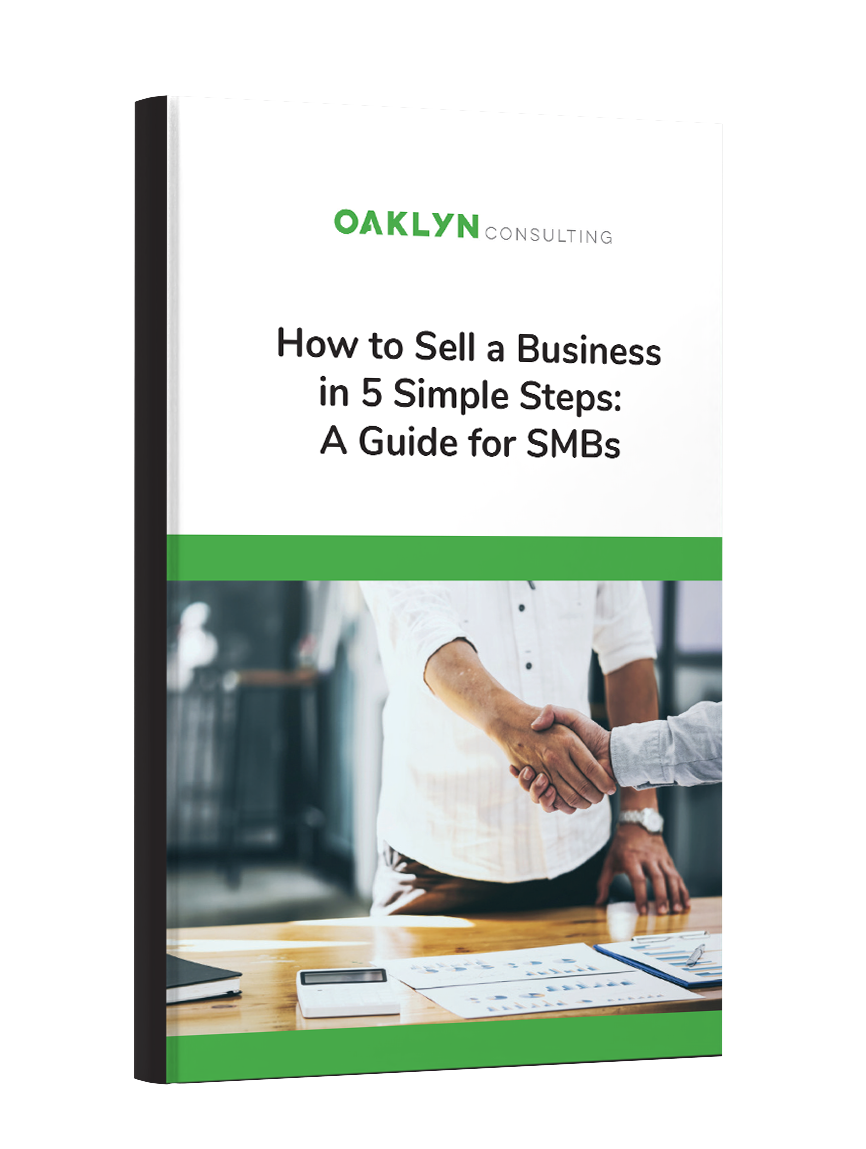**This post was originally published by Southern/alpha.
Interview by: Geert De Lombaerde
The leaders of Chattanooga-based investment FourBridges Capital Advisors earlier this month announced they had recruited Atlanta technology executive Doug Johns to be a senior advisor. Johns is a former senior executives at Internet Security Systems and Compaq Computer, among others, who now is chairman of HDJ Wireless Enterprise, an Internet of Things venture that runs Atlanta-based sensing and control networks companyNivis.
Adding Johns to the team gives FourBridges a much more extensive reach into the Southeast’s tech and telecom sectors, especially in its biggest city. Scanning the region, Johns says he sees opportunities aplenty, especially when it comes to working with companies who need advice and expertise just as much as they need to do a deal.
Johns and FourBridges Managing Partner Frank Williamson recently took some time to chat with us about their news and the entrepreneurial landscape of the Southeast. Here are some excerpts from our conversation.
Doug, how much of time will you devote to FourBridges and what are your main priorities as you get started?
Johns: I’ll spend at least half of my time on FourBridges, making connections with companies around the region. Ideally, I’ll be locating companies with revenue — that really separates the sheep from the wolves —and some level of EBITDA, which will say to me that this is a real company.
Too often, tech companies have a set of PowerPoint slides that can make them seem fabulous but there may not be much more to them than those slides. A big part of my mandate will be not to dig dry holes.
When it comes to young entrepreneurs, particularly in technology, have you noticed a change in tone over the past decade when it comes taking risks and starting companies?
Williamson: Absolutely. Many young people have seen that, if their idea doesn’t work here and now, there’s a chance it will work somewhere else down the road if they keep working on it. There’s more of a California spirit to them now, one that looks at failure as more of a learning experience than a tattoo of shame.
How does that change what FourBridges does?
Williamson: It changes our potential client base. There’s a whole lot more velocity to what entrepreneurs are doing in terms of starting something that they intend to be an asset rather than an occupation. Many more of them are happy to start a business, grow it as fast as possible and exit.
It sounds like you now have to find these entrepreneurs earlier in their careers.
Williamson: Yes, we do. Also, the fact that more people across the South are building companies this way is a testament to the health of the ecosystem. If they build and sell that asset, they’ll then be able to redeploy their cash. For us, that means we need to have something more relevant to say to young companies. We think there is a role for us much like there is for accountants and lawyers. We can help prepare businesses for big growth.
We love the ECD aspect of what we do. It’s my belief that, in three to five years, a lot of the investments made recently in the entrepreneurial ecosystems around the region will be realized. There will be many exits and larger raises. That’s why Doug has come on with us. There are a lot of stories to tell and enough companies are growing into a position where an intermediary like us can be a real help.
Johns: Entrepreneurs’ attitudes to deals also have changed. There was a time when transactions were much more adversarial, more mercantile. Now, entrepreneurs are looking for advisors for a while; they’re not looking for a deal right away.
Younger entrepreneurs are more interested in a relationship. They maybe have heard from their parents stories of when things went bad. They know it’s important to have a relationship, that you need someone who has ideally worked in their shoes.
For additional coverage, head to Nooga.com and the Chattanoogan.






